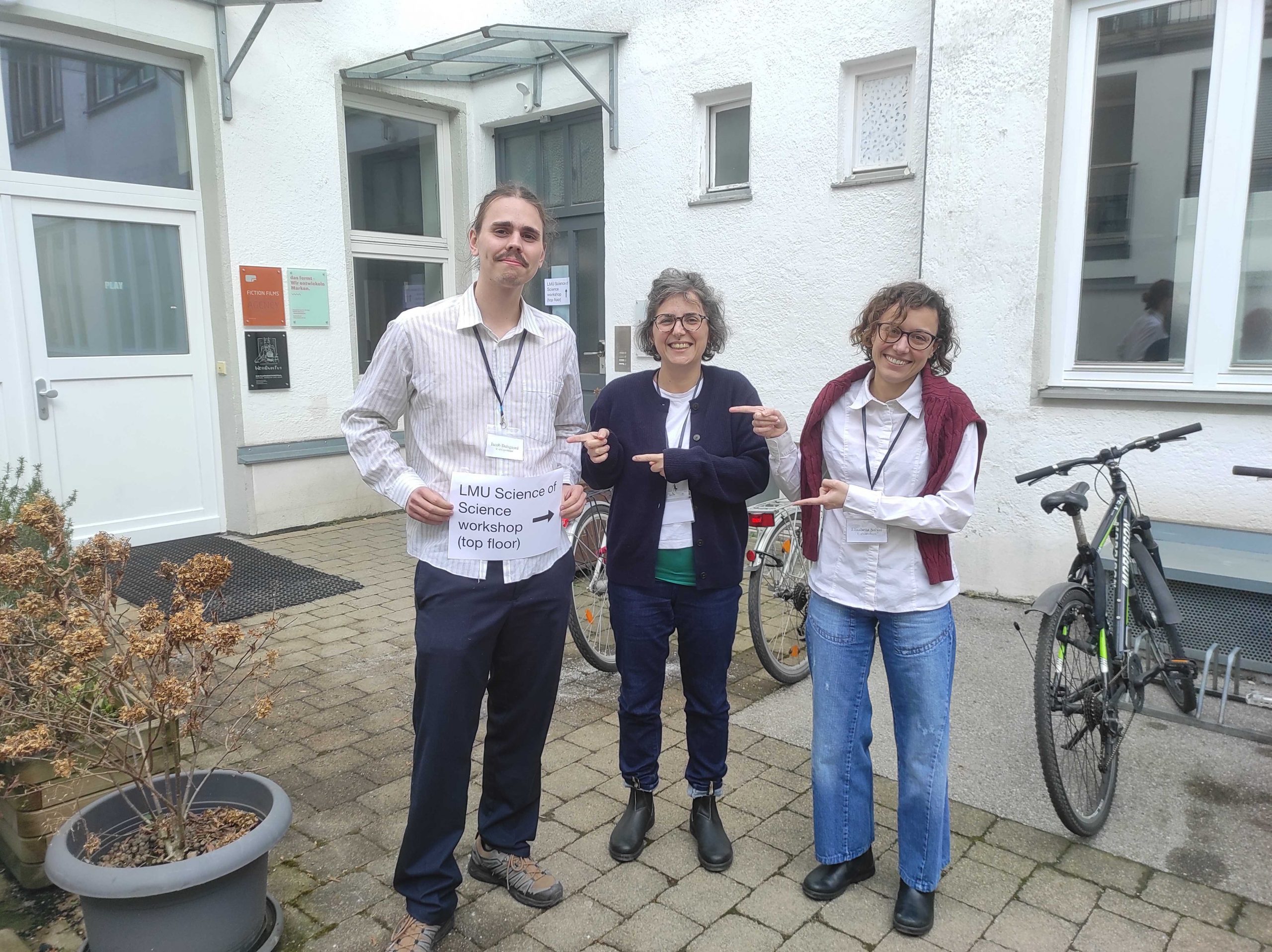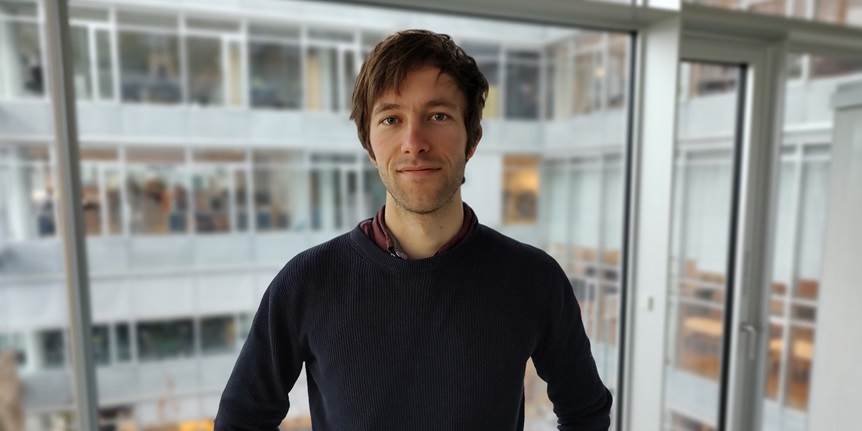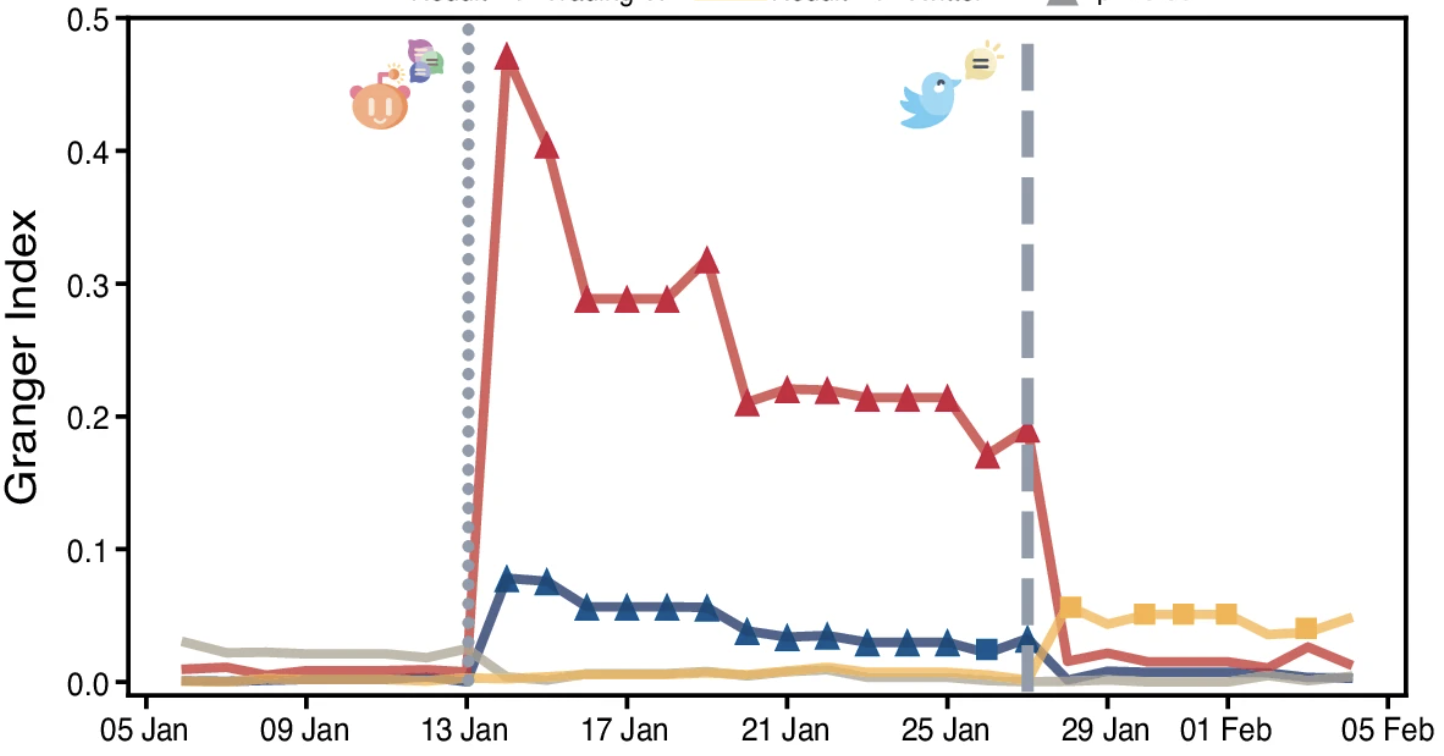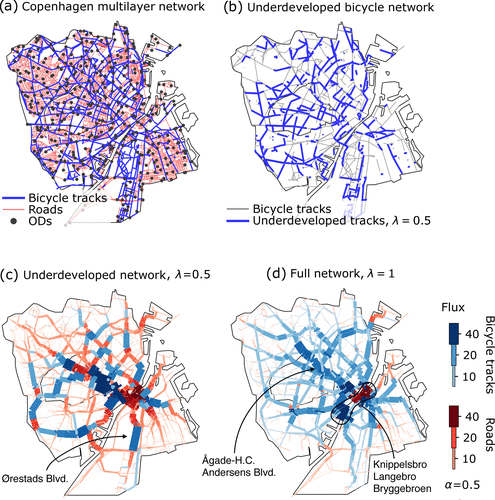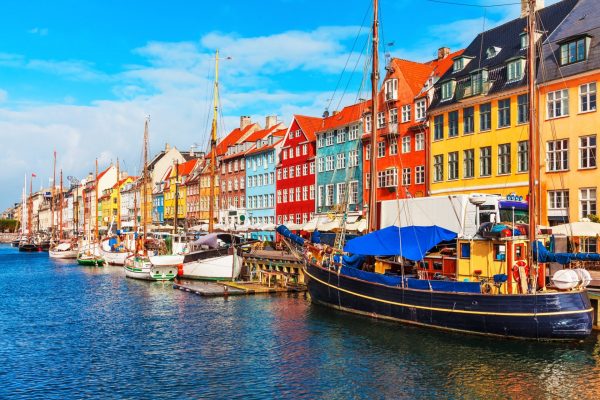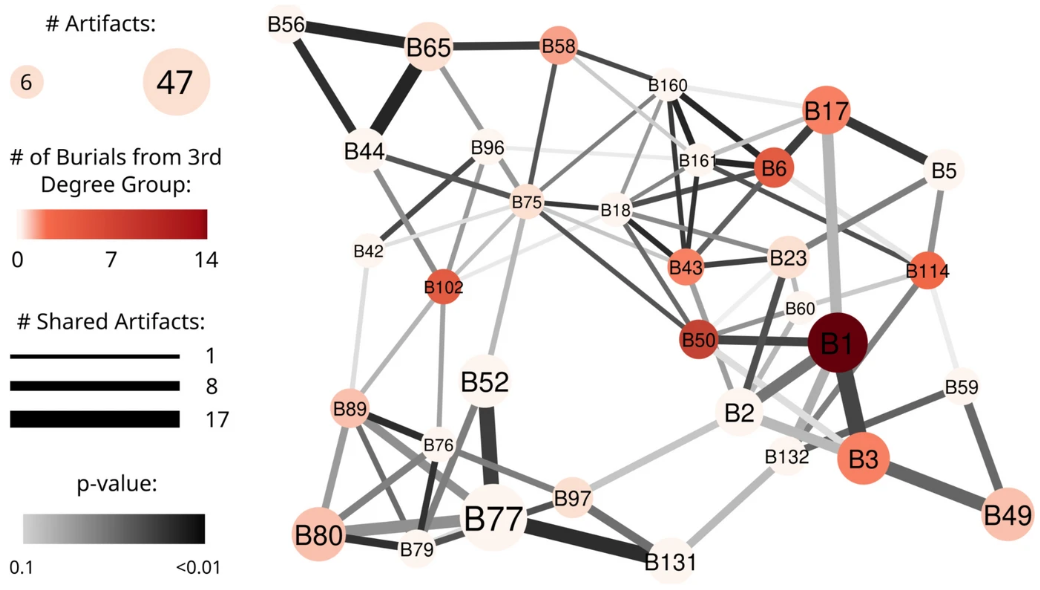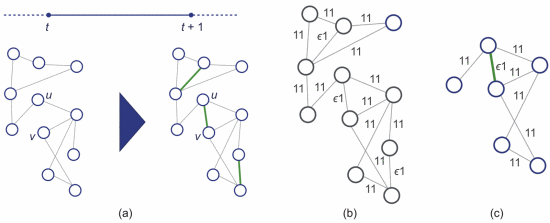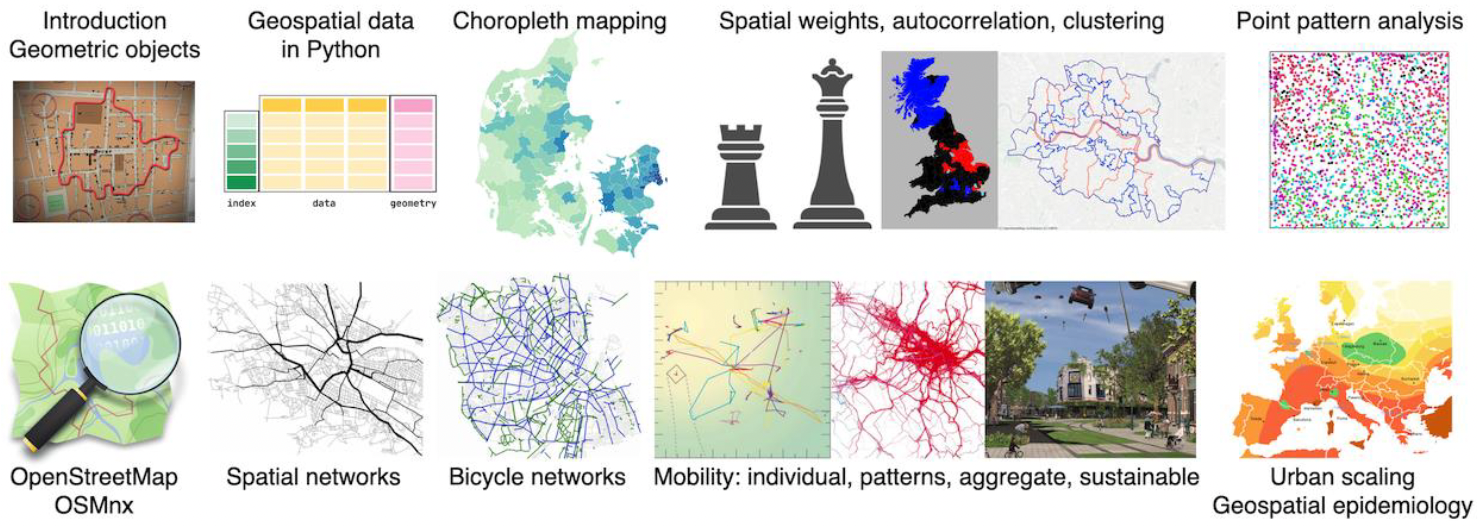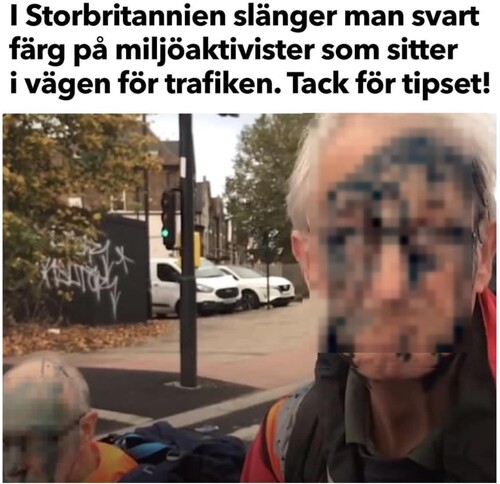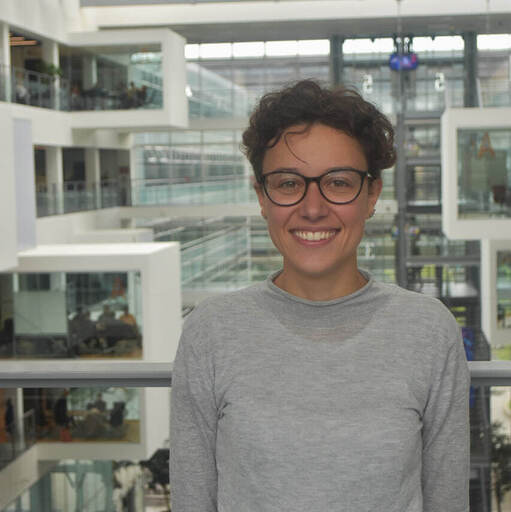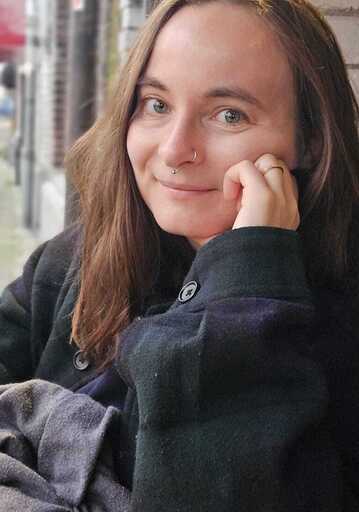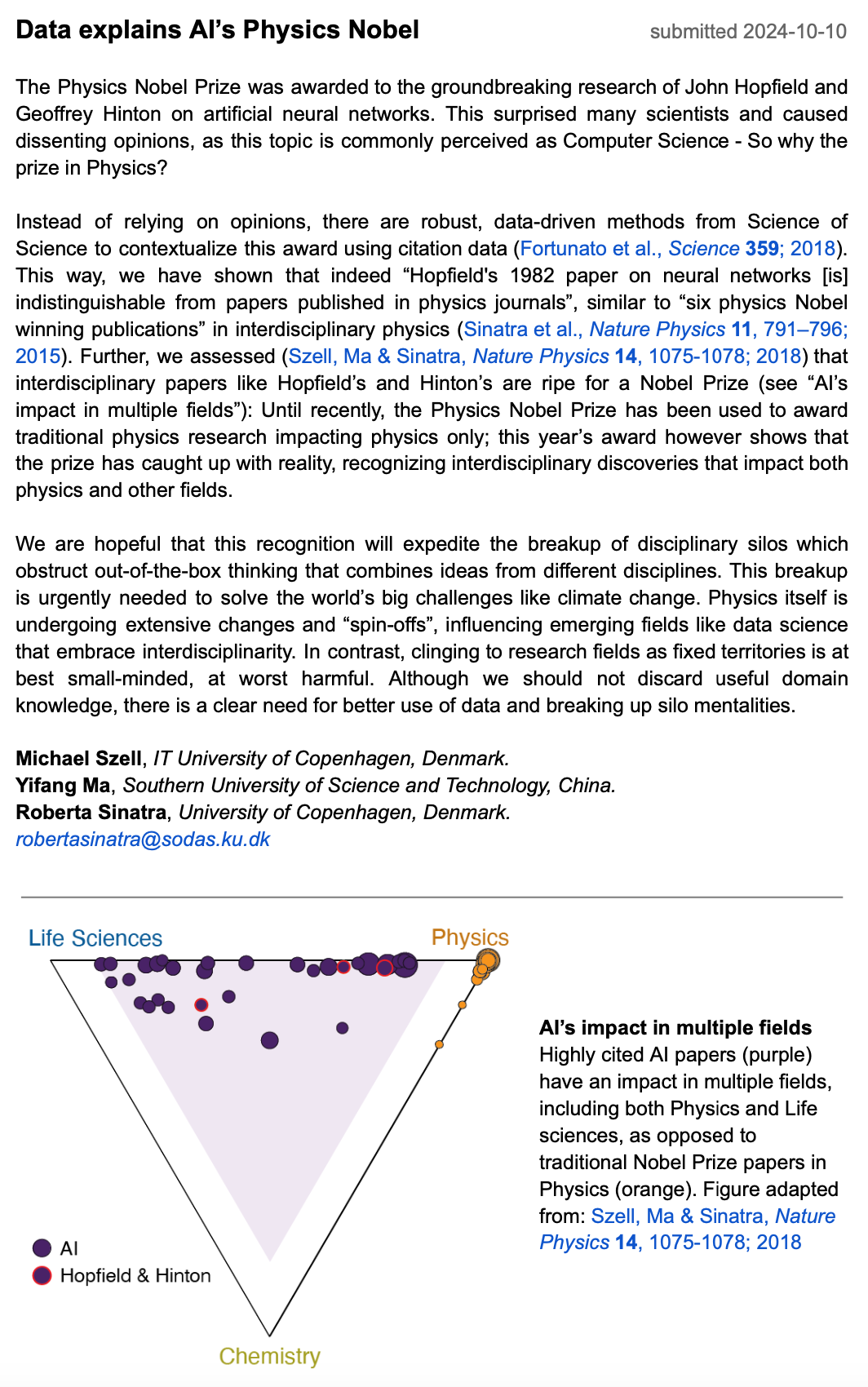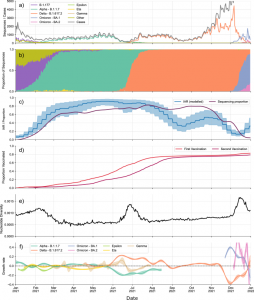~ Happy new year! ~
A major reorganization of our university, ITU, came into force starting January 1st 2025. This reorganization has replaced the 3 existing departments (of which ours was Computer Science) with 9 smaller sections. Our group NERDS is now part of the new Data Science Section, together with our good colleagues from the research groups NLP, Machine Learning, and the recently established Audio-Visual Computing group.
In total this new section comprises 53 people, led by our own Luca Rossi. Luca is an “ITU old-timer” (10+ years at ITU), bringing outstanding formal+informal know-how of ITU’s processes, ample experience with interdisciplinary collaborations between groups and departments, and excellent strategic and social skills. We are excited about being part of this great group of people, and being led by such an excellent head!
The new Data Science Section will comprise all these friendly people and more:
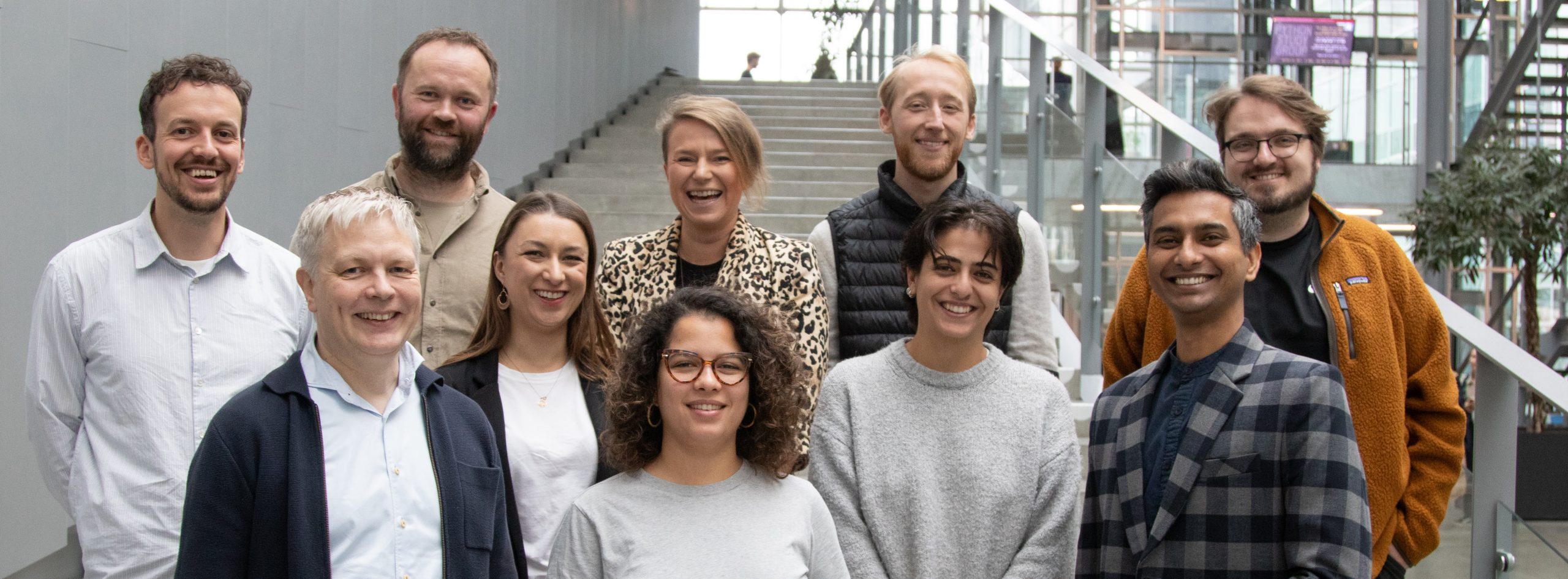
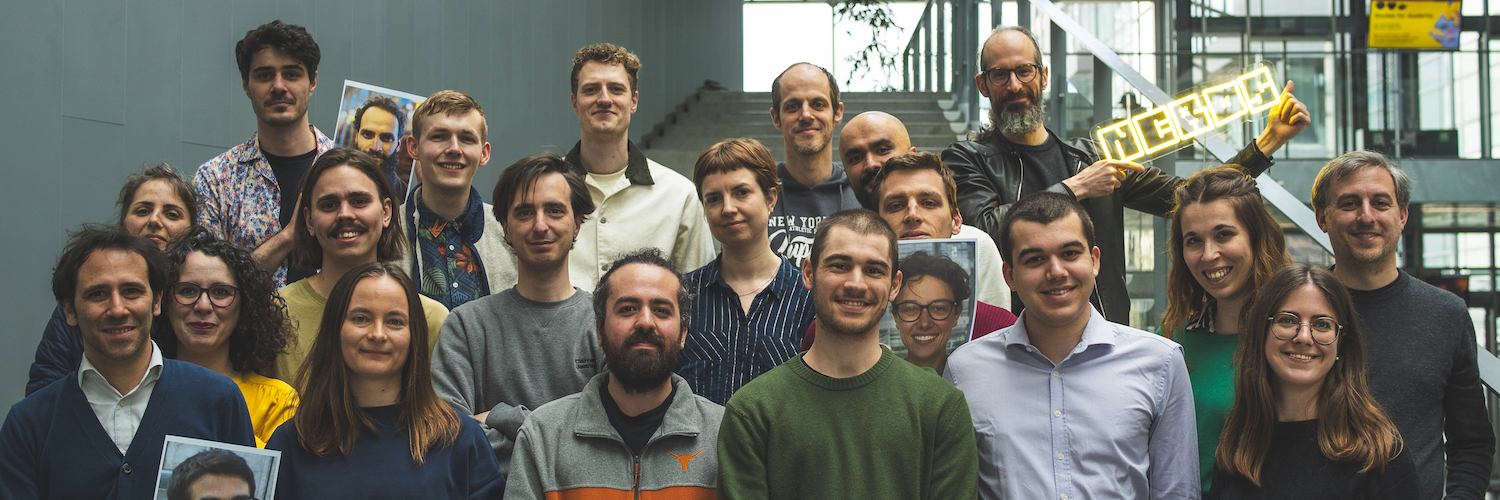
Now that we are in the Data Science Section, what does this mean in practice, and what does it mean for our future?
- One aim of the reorganization is to increase internal collaboration through smaller, more focused structures. Given the new Data Science Section will consist of around 25% of the 200+ people from the old Computer Science Department, and that these people are closest to our own research topics, there is a good chance this will indeed lead to more cross-pollination.
- Teaching-wise, both heads of the Data Science study programs (Therese Graversen for BA and our Luca Aiello for MSc) are consolidated in the new section, together with most faculty who are teaching courses in the data science programs. This provides at least some good coherence and coordination.
- From an external perspective, nothing will change apart from our new fitting label “Data Science” about which we are glad to have finally arrived at, as “Computer Science” always felt too general and only partially fitting for our diverse research activities, backgrounds, and know-how.
Being part of the largest of the new 9 sections at ITU in terms of total members is also a validation that data science, including our own network-flavored approach to the field, is a fast growing and increasingly important interdisciplinary research area, with such transformative sub-disciplines like AI / ML, NLP, network science, or audio-visual computing. We are happy that also ITU’s management is recognizing the societal value of data science by keeping investing into it.
We expect great times ahead, and we are looking forward to new adventures with old friends in a new configuration, to boldly go where no ITU data scientist has gone before! 🖖
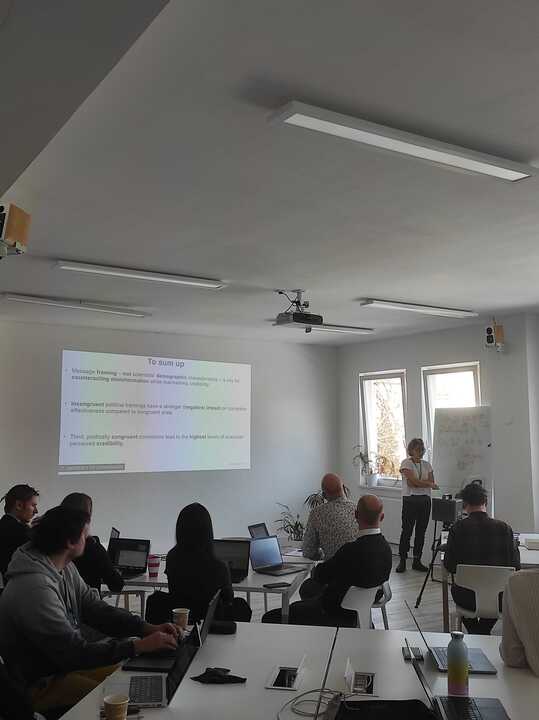 Acciai presented her work on misinformation spreading and perception among scientists, sparking insightful discussions. Elisabetta Salvai and Jacob Aarup Dalsgaard also attended, engaging with the community and exchanging ideas. 🔬
Acciai presented her work on misinformation spreading and perception among scientists, sparking insightful discussions. Elisabetta Salvai and Jacob Aarup Dalsgaard also attended, engaging with the community and exchanging ideas. 🔬